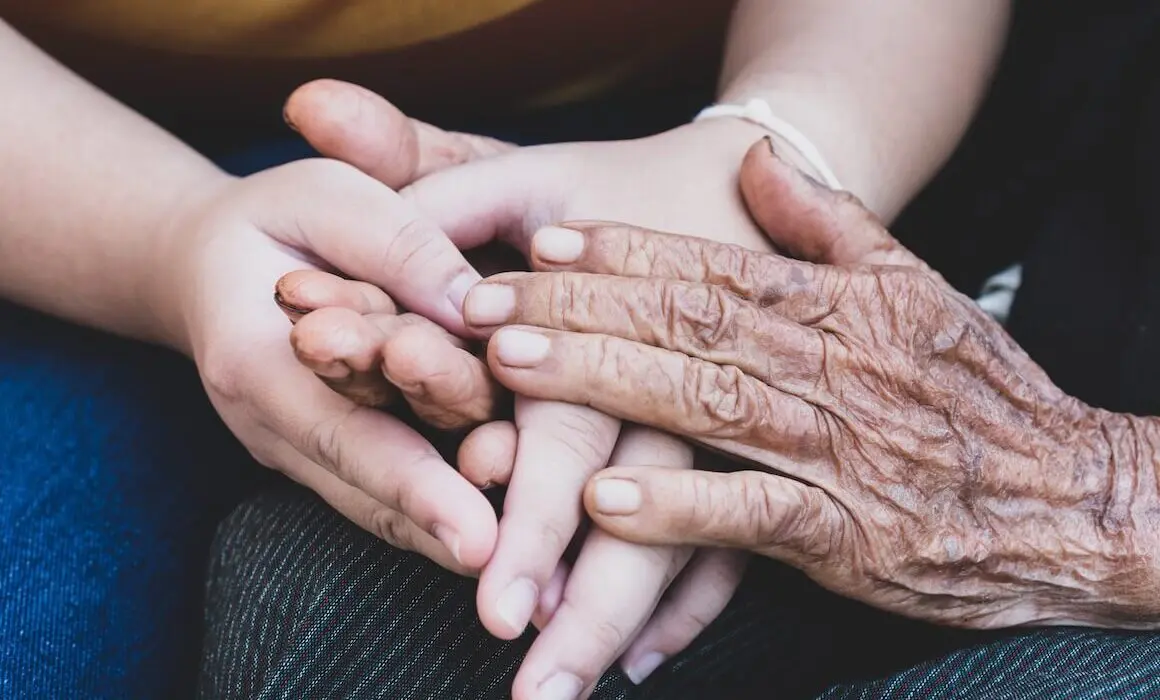Chemotherapy Without the Collateral Damage?

Did you know less than 1% of most chemotherapy administered as oral or injected medicines reaches the tumor, while the remainder ends up circulating through the body? Precision medicine, often delivered by nano-carriers, attempts to get around this problem by targeting the tumor while bypassing healthy tissue, avoiding the collateral damage caused by chemotherapy.
Now, Technion researchers have developed an advance in precision drug delivery that is even more effective, while potentially reducing the unwanted side effects of chemotherapy, such as nausea and hair loss. Their new precision dosing technology is akin to an automated robot-chemist/robot-pharmacist system that formulates and delivers anticancer drugs wrapped in “nanometric packages” directly to the patient.
While nano-carriers have proven effective in precision drug delivery, only a few dozen drugs are compatible with the nano-carriers in use today. The Technion team used technology based on the phenomenon of aggregation-induced emission (AIE) to create a nano-carrier that appears to be compatible with a wider range of drugs. “This nano-carrier could enable us to use potentially-lifesaving drugs that simply haven’t been viable because side effects for the necessary dose are too intense,” said Assistant Professor Yosi Shamay, head of the Biomedical Engineering lab that conducted the research.
“What is more,” he added, “this could make existing drugs more effective. As we need to limit doses of some drugs today because of side effects, precision delivery that eliminates concerns of side effects can enable bigger and therefore more effective doses.”
The research, carried out by doctoral student Yuval Harris and Dr. Hagit Sason-Bauer and published in Biomaterials, demonstrated that their platform was effective in preclinical experiments in the treatment of solid tumors.
“If everything goes well, in five years we will have drugs being administered with our material. This could have a very positive effect on cancer treatment,” said Prof. Shamay.
More Health & Medicine stories

Technion Researchers Unite to Promote Healthy Aging
